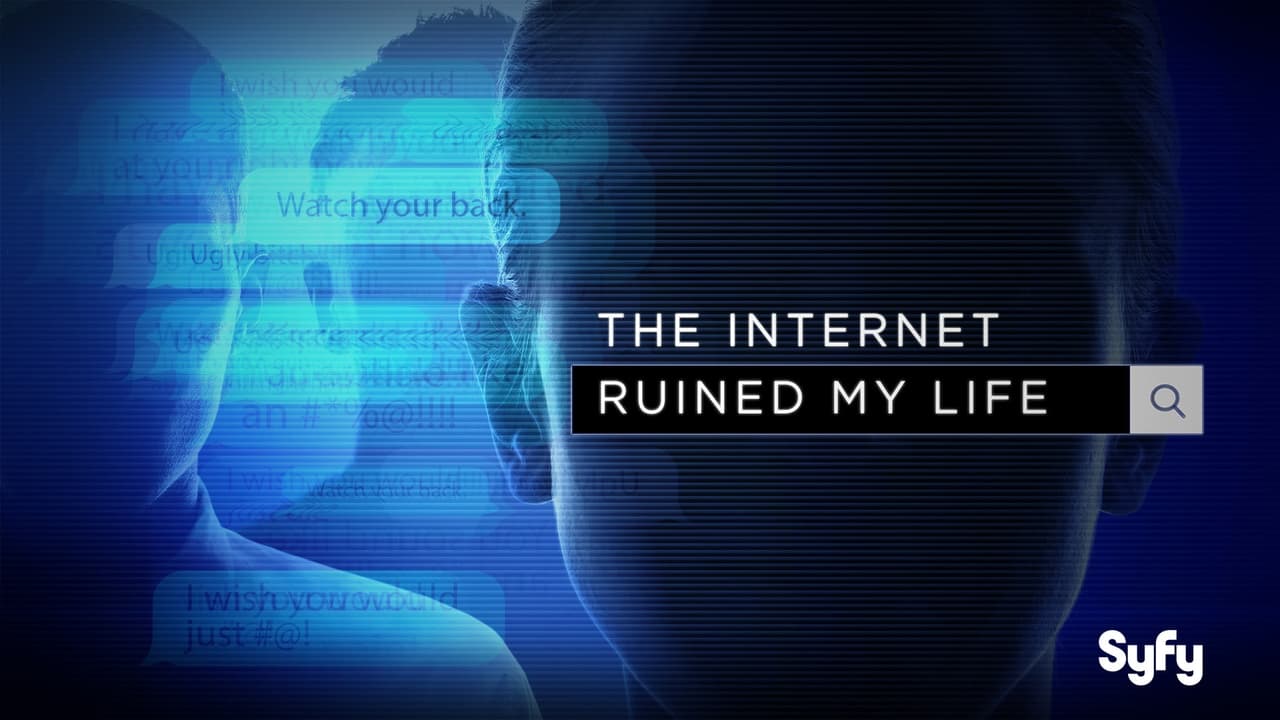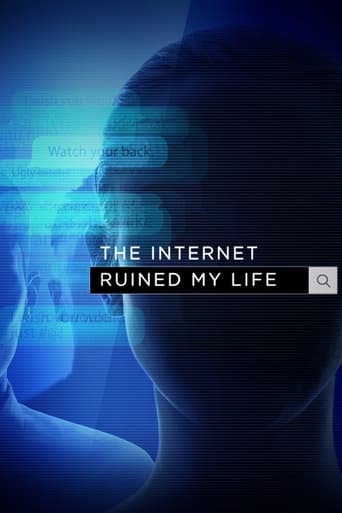Linbeymusol
Wonderful character development!
ReaderKenka
Let's be realistic.
Kamila Bell
This is a coming of age storyline that you've seen in one form or another for decades. It takes a truly unique voice to make yet another one worth watching.
Cristal
The movie really just wants to entertain people.
fullam-david
Internet stalking, doxing, bullying. It's real. It's there. And it is truly awful for the real victims. All honesty, I had to go to court to get an Internet stalker off my back. So pity we get no "real" victims on this series. There is no truth in 99.9% of what is presented here. And it does a major, major disservice to the true victims of these crimes. The Briana Wu episode is so wrong on the basic facts, that the makers of the series should honestly retract it and offer an apology to the public. Wu long ago admitted that the video of the crazy man and the burning car was a hoax! But here, she, and the show, presents it as real and true. Wrong! Yet another great idea ruined by the biggest joke of a network on cable.
fegamer
I just got finished watching this show, and I can't believe that so many of the people they picked to interview and share their stories were clearly lying about them. Let's take the infamous 3, Park, Wu, and McCurdy.For Park, she claimed that after she went on her news interview, that people began to misquote her on twitter. However, I looked at that interview and most of the tweets sent to her were in fact correct. She did admit that when her opinion was called stupid that white people don't have the right to an opinion on the issue she started, and that they would never understand the situation. In addition, Park even lied about her time in New York because she contradicted herself when she talked about it. At first she claimed that she didn't leave the apartment she stayed at, but then she stated that while she was clubbing that there were these guys who took pictures of her in Brooklyn and Queens. Now how would Park even be in Brooklyn and in Queens when she stated that she was inside of the apartment for the entire time? That's a liar right there.Meanwhile with Wu, there are too many tweets that people have picked up that show on how she often sent harassment threads to herself, she never left her home in Mass., she even lied about people actually hunting her down to kill her. For instance, that video with the guy who crashed his car was not on his way to kill Wu, and Wu even tweeted that certain death threats were a hoax.As with McCurdy, it's very clear that she lied about the wrong emoji. For instance, I looked at some of her other posts she made on Facebook and she wanted Hattiesburg to turn into a Baltimore riot. She even claimed that officers take lives every day, clearly displaying that she was celebrating the deaths of the officers. Plus, if she really quit her job why would there be news articles and press statements from Subway that claimed she was fired.Now for the stupid people. Cameron and Nicole were clearly doing stupid things that ruined their lives in the first place. Cameron clearly should've known that you cannot put human waste or any kind of unsanitary items into food. It's all part of fast food training. I should know this because I used to work for fast food a while ago and this was stressed a lot; you can't serve tainted food of any kind. Because every person who has done stunts like his, has gotten fired. As for Nicole, one of the cardinal rules of acting she should've known was that you can't post spoilers of an episode, movie, etc on social media. No professional actor posts spoilers, or that would cost them their jobs. Imagine if Mark Hamil posted spoilers to the Force Awakens? He would never be Luke Skywalker again because it's the equivalent of working in retail and shop lifting from your store. You will never be able to work in the same environment again because people won't be able to trust you. All in all, this series would've been much better if they didn't feature liars and stupid people. Because the internet didn't ruin their lives, they ruined their own lives.
spectral_wizard
A lot of this show is narcissistic attention seekers pretending to be victims. These are some pretty vile people and the show just pretends like they are telling the truth even though some of these people have been caught in lie after lie over their "harassment". At least one of the "victims" has been caught sending negative things to herself in order to garner sympathy bucks. She is making money hand over fist by playing the victim and SyFy has indulged her lies without doing any research.I would only recommend this show to someone who is looking for some bad fiction. Pretty much everything here is as reliable as any other show on SyFy but this is pretending to be real. Except instead of stupid ghost noises in a "haunted" house you have people trolling for "harassment". pretending to be victims, making thousands of dollars, and claiming that their life was ruined.
atlasmb
The Syfy Channel has gone far afield with its new offering: "The Internet Ruined My Life." This show is described as a documentary and I guess that's fine if you have to select only one category, but just remember that "Catfish" is similarly described. After watching the first episode, this show feels like it belongs on MTV. This is a documentary with dramatizations, which doesn't necessarily invalidate its documentary credibility, but it should make the viewer beware.I think the show has some merit. And at the episode's conclusion, they flash the link for a resource about internet safety that offers numerous strategies for all internet users, including ways to avoid bullying. But view the show with a healthy does of skepticism.One dramatization shows a man with a rifle outside a "victim's" residence even though it is no more than a dramatization of the subject's fear. This is mere sensationalism and it should make the viewer question the accuracy of the storytelling.Also, the show asks the viewer to assume that the subjects are telling the complete truth. One scene in particular, involving stalking at a nightclub, strains credulity. The problem is that there is no corroboration for much of the story. Each viewer must determine how believable the stories are.The first episode includes two cases--one where an internet activist makes some bad choices and another where a Tweet triggers gross overreaction by Homeland Security. Do we need to be warned about internet risks? Apparently so.

